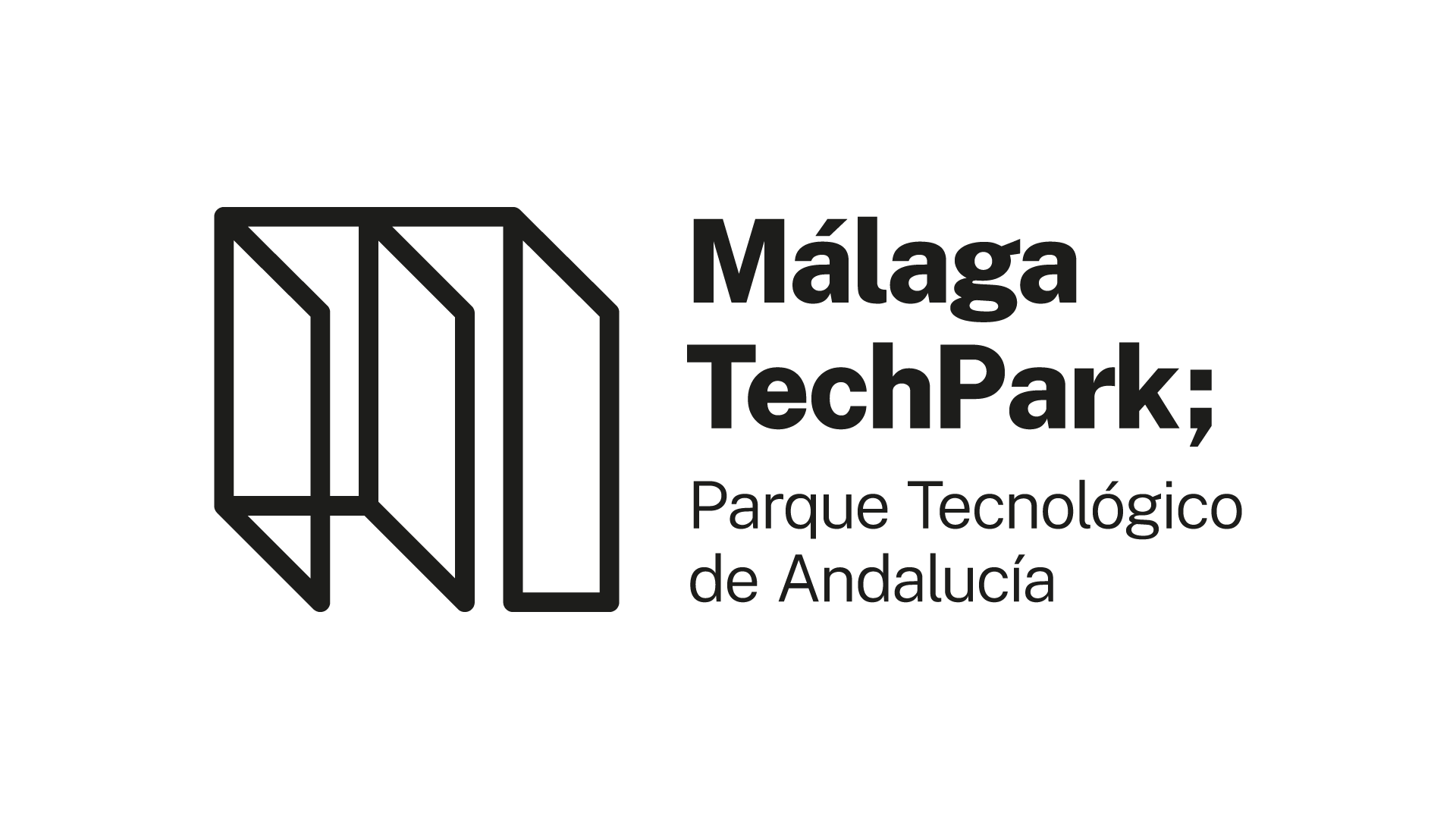- This technology creates virtual replicas of objects or processes to simulate their behavior, prevent errors, and improve planning
Málaga TechPark took part in the second meeting of the European DiTwin project at the Pedagogical University of Krakow (Poland), home to one of the consortium members. The project aims to improve the effectiveness of vocational training curricula to develop the professional skills required for Industry 4.0, with a focus on digital twin technology.
Digital twin technology creates virtual replicas of objects, processes, or even entire cities, enabling the simulation of their behavior over time, the prevention of errors, and improved planning. This project aims to align vocational training curricula and teaching resources with real qualification needs to support the learning and application of this technology.
Through this initiative, vocational training centers aim to incorporate hands-on, experience-based learning methods, equipping students with the skills required to tackle the challenges of Industry 4.0. This innovation is especially valuable for centers with limited access to advanced tools, cutting-edge machinery, and specialized labs.
Furthermore, the use of digital twins offers an opportunity to improve the digital skills of educators. This enables the implementation of innovative training activities and helps acquire the digital competencies required by today’s industrial landscape.
Thus, digital twin technology not only strengthens student preparation but also enhances the expertise of the professionals guiding them, fostering an educational approach more aligned with the demands of the digital age.
Seven partners
The consortium is composed by seven partners from five different European countries: Training Vision (Ireland), Innovation Frontiers (Greece), Pedagogical University of Krakow (Poland), Digital Smart, Learnable (Italy), and the University of Málaga and Málaga TechPark (Spain).
During the meeting, attended by all partners, discussions focused on the activities carried out to date and ongoing initiatives such as the DiTwin Modules (Digital Twins for vocational education students aimed at developing the skills required for Industry 4.0) and the DiTwin Platform (a free online platform that enables teachers and students to access and utilize the DiTwin Modules in their classrooms).
Additionally, upcoming activities to be developed were also discussed. This activities include:
- DiTwin Manual: A document providing vocational training teachers and instructors with tools and educational resources to implement, support, manage, and assess effective activities based on Digital Twins.
- DiTwin Transnational Training Course: A transnational training course for vocational training teachers aimed at developing the technical and pedagogical skills necessary to implement and manage Digital Twin-based activities in educational centers.
- DiTwin Video Tutorial: A simple guide for vocational training teachers on how to implement DiTwin Modules in the classroom.
- DiTwin Demonstration Event: An online workshop showcasing the DiTwin platform and its practical applications.
If you want to stay updated on the project’s developments, visit its website and social media pages (Facebook and LinkedIn).

